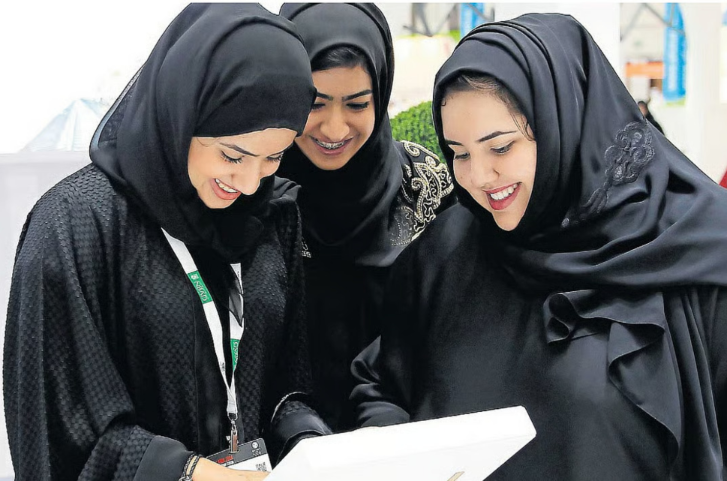
Others
Over Half of Emirati Youth Prioritise Work-Life Balance When Choosing New Roles
A majority of young Emiratis are reshaping the job market by prioritising work-life balance and supportive workplaces over traditional incentives such as pay or position. According to a new white paper, 53 per cent of Emirati youth consider work-life balance a crucial factor when selecting employers, while 51 per cent value a positive and supportive work environment.
The study — titled “The Future of Emirati Youth: Perspectives from Policymakers, Employers and Youth” — was launched by Al-Futtaim in partnership with the American University in Dubai (AUD), KPMG Middle East, and G42. It draws on insights from over 500 Emiratis aged 18–25, alongside inputs from policymakers and industry leaders.
Shifting Priorities and Ambitions
While financial independence remains the top aspiration for 39 per cent of respondents, nearly one in three (31 per cent) said they aspire to start their own business — underscoring a strong entrepreneurial mindset. Additionally, 27 per cent seek leadership roles and jobs that align with their personal values, signalling a deeper purpose-driven approach to career growth.
Challenges and Systemic Barriers
Despite their ambition, young Emiratis face several hurdles. The report identifies high competition for entry-level positions, limited practical experience, a shortage of professional training, and a lack of mentorship as major challenges.
Cultural influences also play a key role, with 46 per cent of respondents saying their families are the biggest influence on their career decisions. Meanwhile, a disconnect remains between awareness of emerging technologies and the skills needed to harness them: 42 per cent are thinking about the impact of AI, but only one-third view data literacy as vital for success.
Insights from Industry Leaders
“This generation of young Emiratis is actively shaping the future of work with a clear vision of what they seek,” said Mira Al Futtaim, Chairwoman of Emiratisation at Al-Futtaim. “They are digitally native, globally aware, and attuned to global trends like AI and automation — but they also face significant hurdles. This white paper serves as a roadmap for all stakeholders to unlock their immense potential.”
The report also sheds light on systemic factors, such as pension disparities, which make the private sector less attractive. Over half of the youth surveyed said pension plans are very important, yet 48 per cent view government schemes as far more appealing.
Recommendations for the Future
The white paper calls for a shift from quantity-based Emiratisation targets to quality-driven talent development, recommending:
-
Harmonising pension systems across sectors.
-
Integrating early industry exposure within education.
-
Empowering managers to become effective mentors and talent developers.
Marketa Simkova, Partner and Head of People at KPMG Middle East, stressed that organisations must focus on “holistic well-being, purpose, and continuous development.”
Maymee Kurian, Group Chief Human Capital and Culture Officer at G42, added, “In an era defined by rapid technological advancement, particularly in AI, preparing our youth for the future of work is not just an option — it’s an imperative.”
Empowering Tomorrow’s Leaders
The report concludes that attracting and retaining top Emirati talent requires a fundamental mindset shift. By fostering collaboration among employers, educators, and policymakers — and by addressing the evolving aspirations of its youth — the UAE can ensure its young nationals become not just participants in the workforce, but leaders shaping the nation’s future success.
📢
Advertisement Space
750x200 pixels
Click to book this space
Comments (0)
Please log in to post a comment
Login to CommentNo comments yet. Be the first to share your thoughts!